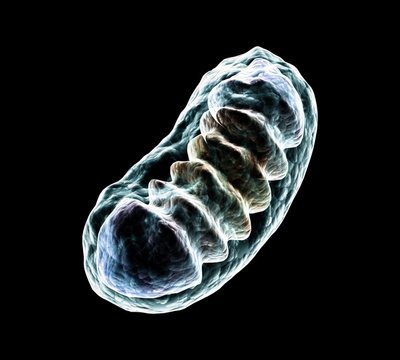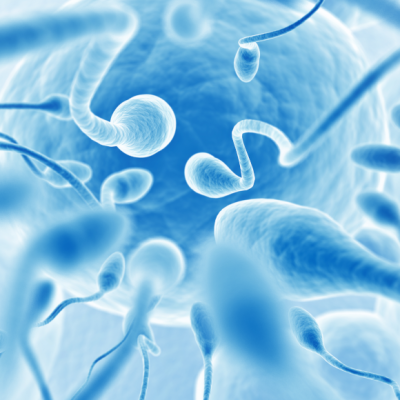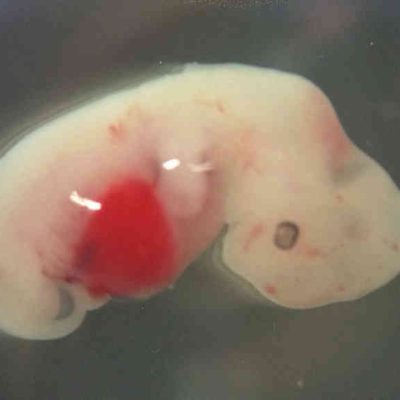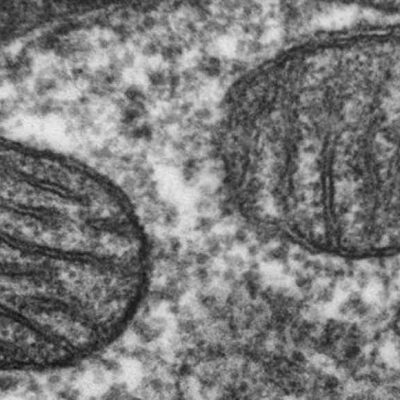In a groundbreaking development, the first babies with the genetic material of three people have been born in the UK. The conception was achieved through a special in vitro fertilization procedure called mitochondrial replacement therapy. The Guardian reports that the Human Fertilisation and Embryology Authority (HFEA), a regulatory body for all clinics in the UK that perform artificial insemination, has confirmed the news. The HFEA publication states that a small number of babies were conceived using this technique. Mitochondrial replacement therapy is a medical technique used to prevent the transmission of mitochondrial DNA defects from the mother to the child. The procedure involves removing the nucleus of a fertilized egg from the mother and replacing it with the nucleus of another woman’s egg, whose mitochondrial DNA is still present but not her cells. The baby thus receives only a minimal amount of genetic material from the egg donor, with about 37 genes coming from the donated egg’s mitochondrial DNA. The majority (99.8%) of the genetic material comes from the original mother and father of the child.
The Newcastle Fertility Centre performed the mitochondrial replacement therapy, but has declined to comment further on the births due to the privacy of the parents and babies. Similar procedures have been carried out in Mexico and Greece, resulting in babies with three genetic parents. However, in those cases, the nucleus was not completely freed from the mitochondrial DNA, leading to a mutation of Leigh syndrome being passed from the mother to the child. The HFEA has approved the use of mitochondrial replacement therapy in the UK since 2015, but this is the first time it has been used to produce a live birth. The procedure is controversial, with some critics arguing that it is unethical and could lead to unforeseen consequences. However, supporters of the technique argue that it offers hope to families with mitochondrial diseases and could prevent the transmission of these diseases to future generations.
In conclusion, the birth of the first babies with the genetic material of three people is a significant milestone in the field of reproductive medicine. While the procedure is not without controversy, it offers hope to families affected by mitochondrial diseases and could prevent the transmission of these diseases to future generations. The success of this procedure in the UK could pave the way for its wider use in other countries, but further research is needed to fully understand its long-term effects.










